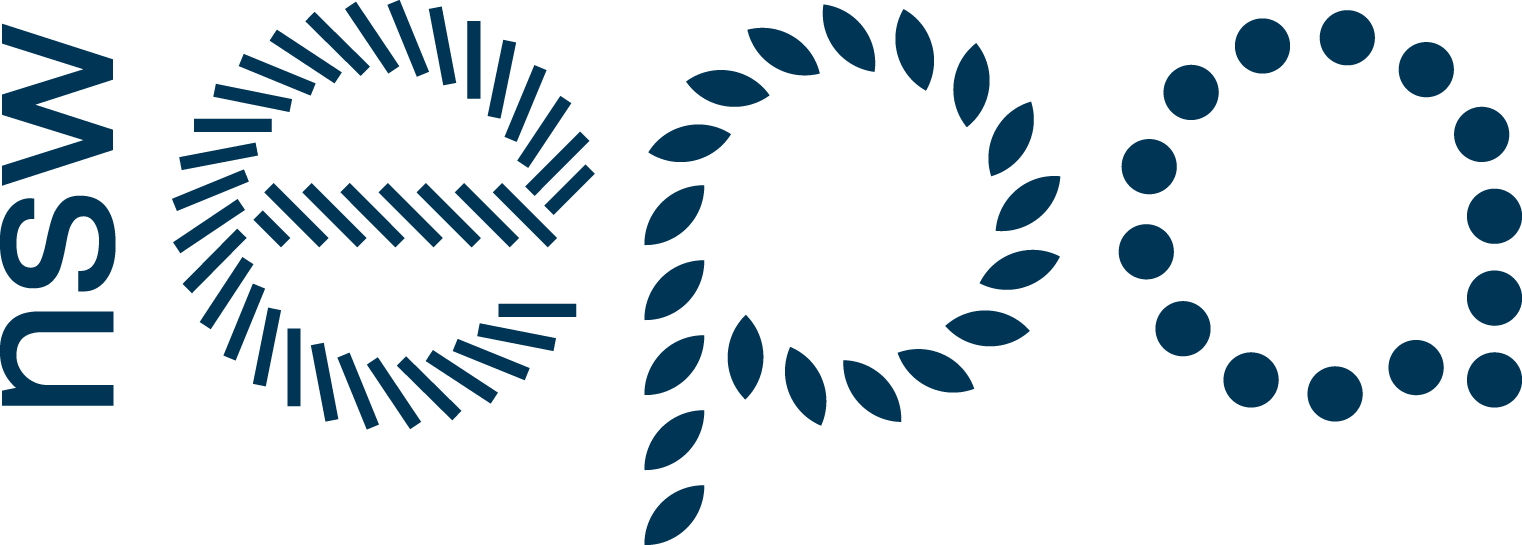Lead is classified as a hazardous waste and is highly toxic to most species. Lead can be effectively recycled for reuse in new lead based products, diverting it from landfill and using less energy than refining primary ore.
Lead
Find a recycler
Why Recycle?
Lead is used in a number of products but only accounts for only a small part of the waste stream. However this metal is highly toxic to animals and humans and is classified as a hazardous waste. Due to it toxicity lead should not be placed in landfill where it could contaminate groundwater. Recycling lead helps protect the environment from the toxic metal and it also uses less energy than refining primary ore. About 90% of the lead scrap produced in Australia arises from lead-acid batteries in vehicles.
Recycling Options
The majority of scrap metal recyclers will accept lead waste in a number of forms – including lead-acid batteries. Recyclers may offer drop-off or pick services and there may be a fee associated with this service.
What Happens When It’s Recycled?
Lead is collected and then smelted in a furnace. It can them be formed into lead ingots of various purities, quantities, size and weight configurations for reuse in a range of products.
More Info & Sources
Department of the Environment, Water, Heritage and the Arts – Hazardous Waste
Department of the Environment, Water, Heritage and the Arts – Lead and the Environment

